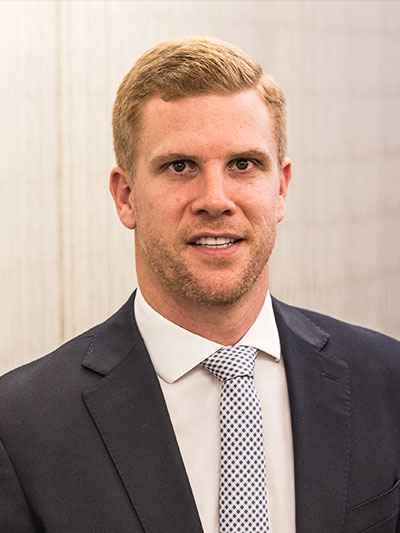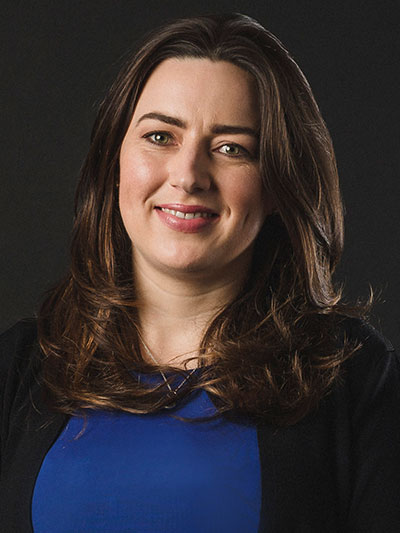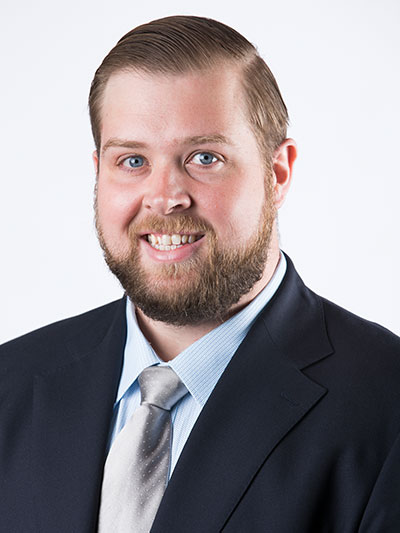
The changing nature of work
Georgina Lee, innovation, growth and experience leader, Career, Mercer Australia
When it comes to Australians saving for retirement, Georgina Lee doubts whether the industry has given enough thought to how the future of work will impact this.
“Saving for super is inextricably linked to a certain type of employment and mostly benefiting those in full-time jobs. But we are going to see significant disruption to the workforce and the nature of employment in the next 5-10 years, which means more and more Australians are not going to fit the ‘mold’ that super was initially created for,” Lee said.
Apart from the gig economy or the contingent workforce, which continues to rise at a steady pace, Lee is referring to the nature of jobs themselves. She notes that ever-changing market conditions, rising customer expectations and fast technological advancements are changing the nature of jobs entirely, and the skills and capabilities required in the workforce.
Lee believes that large proportions of the workforce are going to need to reskill to remain relevant which could mean taking time out of work to re-educate, learn new skills, or change careers entirely.
“Career breaks, and thus breaks to their super savings, are no longer a thing just for new parents or carers. It’s going to be a reality for many,” she said.

Innovative partnerships the way of the future
Josh Manning, CEO & founder at Manning Asset Management
Josh Manning believes the next decade will see brands across industries co-operate further to stand out in increasingly crowded markets. Today’s fierce competition between supermarkets has Coles and Woolworths offering petrol discounts rewarding their customers for shopping with them. But Manning wonders whether petrol stations are a natural partner for supermarkets, and if perhaps superannuation funds might be a better fit in the future.
Despite their wide reach through their membership base, super funds face a lack of engagement and, it could be argued, challenge to differentiate themselves.
Manning suggests that co-operation between super funds and supermarkets might benefit their customers, by raising awareness of the importance of super savings, steady contributions and compounding returns over time. And to help those who take time out of the workforce or work part-time (such as to raise children) and typically have a lower super balance than those that do not, rather than small discounts on petrol, Manning thinks major supermarket chains could offer a specific super contribution per dollar spent at the tills – as the parent who is absent from the workforce may also be tasked with the grocery shopping. “For example, 1 per cent of your shopping bill credited to your super fund,” Manning said.
“Wouldn’t this be a tangible way to address this social issue, drive people to their stores as something unique and compelling and increase members’ awareness and engagement with their superannuation funds while helping super funds grow?” he suggests.

Hybridisation and hacking
Georgia Benjamin, communications & experience specialist at Media Super
Drawing inspiration from Bill Gates who said, “we overestimate the change that will occur in the next two years and underestimate that which will occur within the next ten”, Georgia Benjamin thinks we should be bold in our predictions for how super will evolve by July 2029.
“Despite a large-scale consolidation of super funds, consumer demand for greater autonomy and more nuanced investment choices could lead to an increasingly decentralised hybrid model for consumers,” Benjamin said.
Benjamin sees a future model where people can manage their funds with the customisation of an SMSF but without the administrative burden (which could still be managed by super funds and/or administrators). She predicts “the user interface will come into its own, favouring low-cost entrants and aggregators who prioritise the customer experience – think WeChat, AliPay and Amazon”.
Benjamin also sees a future where ‘brain hacking’ may play a role and predicts a super industry better able to integrate findings and techniques from the fields of psychology, behavioural science and customer experience (CX) design.
“Leveraged by improvements in brain scanning and AI, we will better be able to nudge consumers into making choices more closely aligned with their own best interests,” she said.

Mega-funds taking over
Ashton Jones, head of investments, retirement and new propositions at TAL
Ashton Jones paints an imaginative and slightly controversial picture of super in 2030 where: “20 mega-funds roam the superannuation landscape – beneficiaries of sweeping default reform implemented a decade ago”.
Jones describes a world where inflows and assets will be so big, they struggle to find suitable investments onshore and investment teams will “scour the globe searching for suitable places to deploy their mighty capital”. And he expects “liquidity will remain supreme, with funds’ pension payments so frequent and numerous they are now the biggest transaction processors in Australia – exceeding even the banks.”
With millions of Boomers soon to be “retired and sunning themselves from Cape York to Cradle Mountain”, Jones expects fund battlelines to have shifted from default to retirement, with hundreds of billions of dollars each year transitioning from accumulation to pension phase with retirees slowly choosing to annuitise and protect against longevity risk with MyRetirement products. But still, Jones suspects, this will not be enough to stop the Government’s budget deficit doubling every year.
Jones also has us picture: “The Greens-Labor Coalition are now thinking about the unthinkable – killing the sacred cow and including the family home in the Pension Means Test. Opposition Leader Paul “Fatty” Vautin is having a whale of the time with his scare campaign “How good is your home?” evoking images of the venerable ScoMo, the last great Liberal Leader.
“Sadly, all of this means the SG rate looks forever parked in third gear at a measly 10 per cent p.a,” Jones laments.

The rise of the trustee’s role
Jonathan Steffanoni, principal consultant, Legal & Risk at QMV (FASFA)
According to Jonathan Steffanoni, the decade ahead will be dominated by trustees as large asset owners, data sharing and protection, and a stronger focus on fees and costs.
Steffanoni predicts the relentless growth in retirement savings in the superannuation system will see superannuation trustees owning a large proportion of listed companies, private equity, and infrastructure both domestically and globally.
“Deal making, voting activities, extra-financial impact of investments, and ESG ri
sk factor monitoring are all likely to become increasingly important aspects of a trustee’s role as major asset owner,” Steffanoni said.
He expects the superannuation industry will be at the forefront of ensuring that members enjoy the benefits of data sharing. And an exciting prospect he believes, is the introduction of the consumer data right, and increased use of fintech platforms to engage and inform better financial decisions. However, Steffanoni is mindful that the increased focus on data sharing will demand that adequate privacy and consumer protections are in place.
“Finally, we’re in the early stages of a shift towards a superannuation system with a much greater emphasis on ensuring that fees and costs are appropriate, and that expenditures are for the proper purposes of providing retirement incomes,” he says.
Making a difference
While the direction of super continues to be debated from all corners of the industry, today’s conversations will help shape the future of super. And whether it’s around workforce, behavioural psychology, data sharing or something else, the opinions and concerns from the next generation of leaders, some of which may be ASFA’s very own Emerging Leaders, will help impact the industry in 2030 and beyond.







